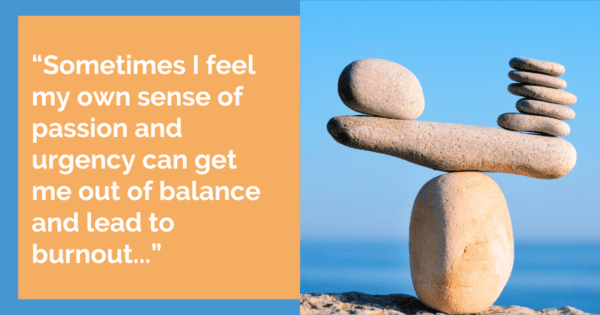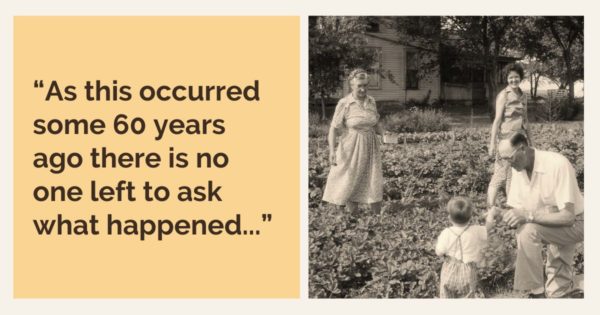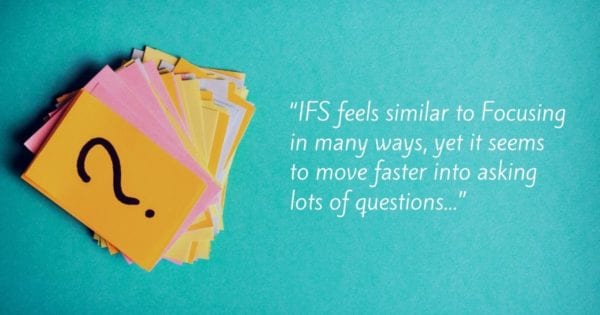In
the last Tips e-zine, on the topic of anger, I wrote: "It might be
something in you knowing that how it was, was not how it should be–or
that how it is, is not how it should be."
We got a response from Michael, who questioned my talking about "how it should be" as judgmental. Was it judgmental? Read on…
What about saying "want" instead of "should"?
~~~~~~~~~~~~~~~~~~~~~~~~~~~~~~~~~~~~~~~~~~~~~~~~
Michael
writes: "As anger has been a valuable teacher in my life I appreciated
your comments and insights. I did have the sense of preferring the
wording of "not how it wants to be" rather than "not how it should be,"
but then I don't much care for the word should. The word wanting
assists in connecting me with the desire and movement/expression of
celebrating my creative passion. Something about the word "should"
brings an energy that halts or resists forward movement."
Dear Michael,
I
so appreciate your writing! It gives me the opportunity to say more
about a very special meaning of the word "should" in Focusing
philosophy.
I'd be the first to agree that the word wanting is
very facilitative, and that honoring and sensing into the "wanting" of
any part of us is a very important thing to do.
However… there
are times when only "should" expresses the deeply aligned sense of
rightness that is felt in the very core of our being. There are times
when being judgmental is appropriate, times when we stand up for what we know to be true.
When
the young man stood in front of the tanks in Tienanmen Square in China,
was he saying, "I want freedom and human rights"? When crowds in the US
protest the war in Iraq, do we say, "We want our troops to come home"?
The sentences with "want" are true, but they feel inadequate to the
force of rightness that we are trying to express.
When a newborn
baby cries out to be held supportively and fed, isn't that something
more that just "wanting"? And when that doesn't happen… when years
later an adult in therapy traces current anxieties back to the lack of
nurturance as a child… do we say about that, "You didn't get what you
wanted?"
So while I love and respect the power of the word
"wanting," I also feel there are times when only "should" expresses the
force of rightness that we mean.
The body still knows what would have been right
~~~~~~~~~~~~~~~~~~~~~~~~~~~~~~~~~~~~~~~~~~~~~~~~
I remember when I first heard this concept from Gene Gendlin, that the body still knows what would have been right.
He said that we have a kind of blueprint, an inner knowing of what would be right on a deep level.
His
example was that a baby is born ready to be held and fed… that every
fiber of the baby's being knows that being held and fed would be right.
This is not a cognitive knowing. It's the same kind of knowing that a
plant has, when it grows toward the light.
Our bodies carry the
knowing of what would have been right, even if it didn't happen. And
the amazing correlate of this is, that what would have been right can
still happen — at another level — even after all these years.
No
matter what has been missing in your life, even if you never received
it from your parents or anyone else, what's missing can still be filled
in and your process can still be completed. That's what I love about
Focusing. We are not broken, unable to be fixed. We can always find the
body knowing of what would have been right –and move from there to
filling in what was missing.







